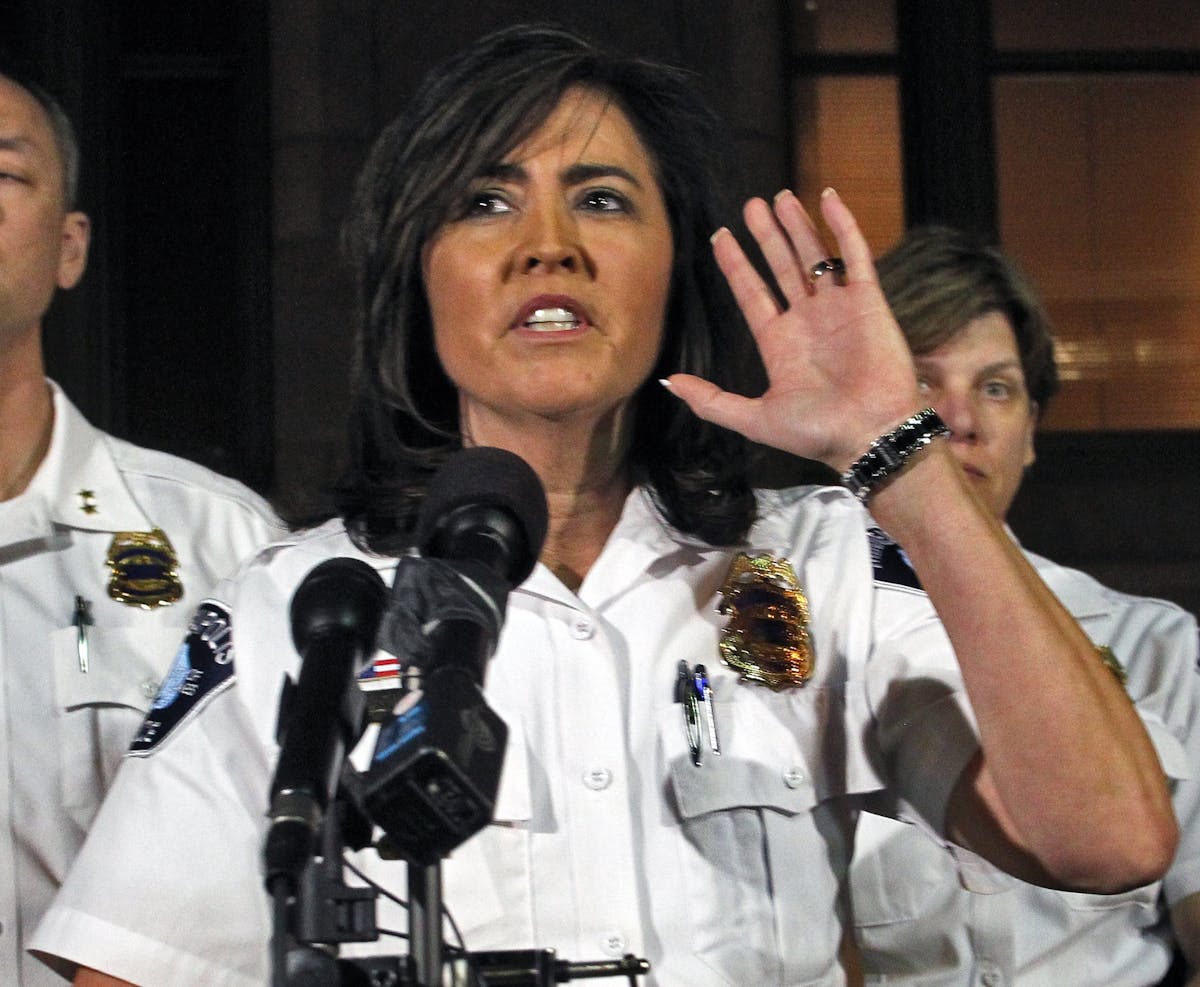Counterpoint
Whenever interactions between police and citizens result in death or serious injuries, in what is commonly called a "critical incident," the public needs to know what happened and whether their police officers acted properly in these tragic circumstances. Clearly, the media plays an important role in gathering and disseminating the facts so that the public can make its determination.
However, it is not only police officers who have a duty to act responsibly. The media also owes a duty to the community to report facts accurately and fairly. In its coverage of the May 10 shooting and crash that resulted in the deaths of two people and injuries to officers, the Star Tribune failed to meet these standards.
Reliable facts about both the shooting and the collision cannot be established until thorough investigations are completed. Fiction and opinions are not facts and only create inaccurate first impressions that render it very difficult to make a fair and accurate final assessment of an officer's actions.
Looking just at the motorcycle/squad crash, two legitimate questions were raised. First, why were officers traveling with lights and sirens to the scene of the shooting after the injured officers had already been transported? Rather than asking a police chief or someone who trains police officers in emergency driving, the Star Tribune on May 14 ("Questions remain about fatal shooting and collision") quoted a Florida professor who had no knowledge of the case, thereby offering as "news" what was actually pure speculation.
The actual answer to the question is simple: Several officers were responding with lights and siren 30 minutes after the wounded officers were transported because a sergeant on the scene requested additional squads. The real question is whether the circumstances still required an emergency response. Again, the answer is simple — yes, because the scene had not been declared secure. Among the problems that still potentially existed was the need to locate other potential suspects or witnesses, secure what was still an active crime scene, and provide crowd and traffic control in the area.
The second question was addressed in an article published on May 16 ("Officer hasn't yet talked to police about fatal crash") — why the driver of the squad car that was hit by the motorcycle had not yet been questioned. To answer this important question, the Star Tribune quoted an attorney who clearly lacked sufficient knowledge on the topic to provide a legitimate opinion. Had the paper asked someone with knowledge of Minneapolis Police Department policy or an attorney who represents officers in critical incidents, it would have been able to inform its readers that the investigation of an officer's conduct following a critical incident is a criminal investigation in which the officer is the "suspect," and that, under the Fifth Amendment, police officers — like all other citizens — are not required to ever give a statement.
The Star Tribune could also have informed its readers, contrary to the speculation from its ill-informed source, that most officers do talk to critical-incident investigators, but not until they are physically and psychologically able to give an accurate statement and the investigation is near completion — neither of which was true in this case.
Worse, the article included the source's unnecessary speculation that investigators were "treating one of their own" better than a nonofficer would be treated. This added nothing to help someone understand the situation. Rather, the comment needlessly and unfairly challenged the integrity of the investigators, thereby undermining the public's trust while at the same time offending all police officers.
The public must be able to trust its police. When that trust is eroded, the safety of both citizens and cops suffers. To the extent that the public's trust in the Minneapolis Police Department is impaired by recent events, the role of the Star Tribune must be examined just as closely as the conduct of the MPD to determine the true cause of the damage that threatens the safety of everyone.
John Delmonico is president of the Police Officers Federation of Minneapolis.

Thoughts from the Star Tribune's new community engagement director
Cut down on electronic waste in Minnesota
In Minnesota, statistical gloom amid the hope of a progressive-led boom


